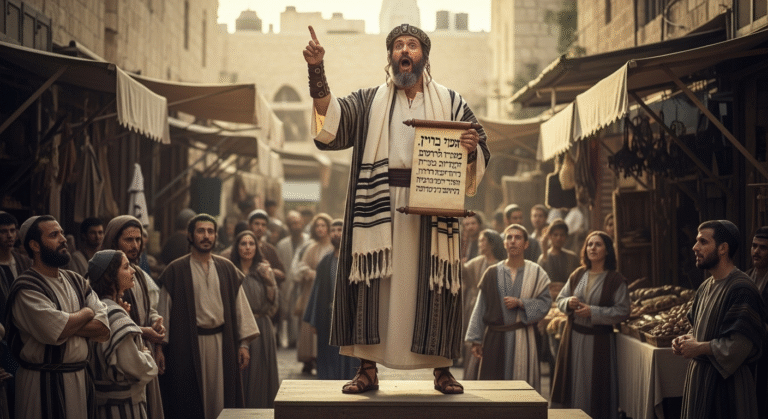Embracing the True Father
A Christian writer named A.W. Tozer wrote, “What comes into our minds when we think about God is the most important thing about us.”
Earlier in my walk with God, I wouldn’t have given that much weight. God is God; he doesn’t change. So he is who he is.
That much is true—but Tozer was talking about what we think about God and not the real attributes of Him. Over the years I’ve learned that just because we think something about God doesn’t make it true. In fact, for much of the world, what comes to mind when people think of God is far off the mark. And that certainly includes a slice of those who sit in church each week and hear the Bible taught.
When I was in college training to be a teacher, I learned that we use schemas—mental frameworks—to make sense of new ideas by linking them to what we already know. When new information fits, we blend it into an existing schema. When it doesn’t fit, we rethink our frame and, if needed, start over with a new one.
And sometimes new truth doesn’t just stretch us—it flips the lights on. The old schema gives way and we rebuild it to fit reality—swapping the framework, not just adding a beam. That’s a deep shift, the kind people sometimes call a paradigm shift.
Somewhere along the way, I began to see God as loving, but also a bit like a cold Dickens schoolmaster—stern, corrective, always ready with a lesson so I turn out to be the man God calls me to be.
Then one day I read a verse in Matthew that completely blew up my existing views of God. It wrecked my existing mental framework and caused me to start building afresh—this time based on the truth of the Bible.
If you then, being evil, know how to give good gifts to your children, how much more will your Father who is in heaven give good things to those who ask Him!
Matthew 7:11
Just like that my existing view of God imploded like a derelict skyscraper.
At that point in life, I had been a father to three children for many years, and I knew—sinner though I am—how much I loved giving good gifts to my kids. Few things brought me more joy than surprising them with M&Ms or a Three Musketeers bar and seeing their faces light up.
I was always looking for an opportunity to do something that would bring them joy. Sometimes it was just a small surprise, and other times—like at Christmas—it might be a new game system or a pair of bicycles.
I also knew how much my heart reached out to them when they had hurt themselves or suffered some disappointment—like being forced to take a bath. How many times did I sit on the couch holding a child close to my heart, transferring comfort in tough times.
In my mind, God became the loving, caring, devoted, and kind father I aspired to be. (And becoming a grandfather has only expanded my understanding of His love.)
If I, a sinner, could demonstrate those qualities to my children and grandsons, how much more could a perfect God do that for me? The ultimate answer comes in his sending his Son to die for sinners like me.
You see, at just the right time, when we were still powerless, Christ died for the ungodly. Very rarely will anyone die for a righteous person, though for a good person someone might possibly dare to die. But God demonstrates his own love for us in this: while we were still sinners, Christ died for us.
Romans 5:6-8
. . . and that’s what I know today.






